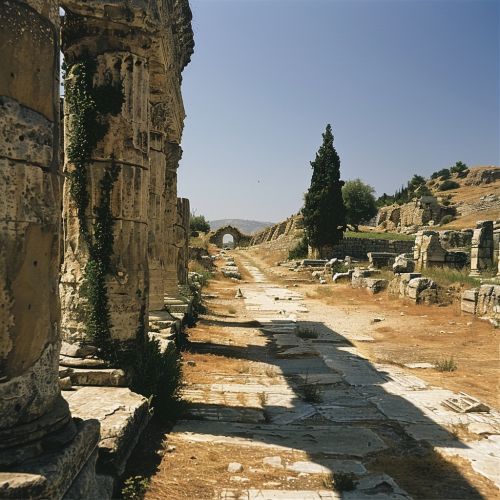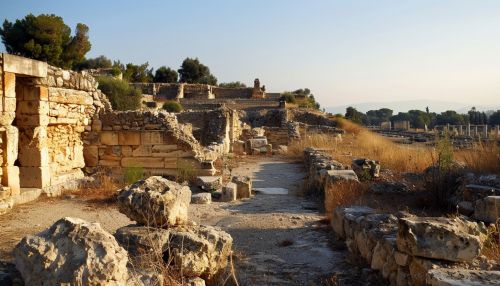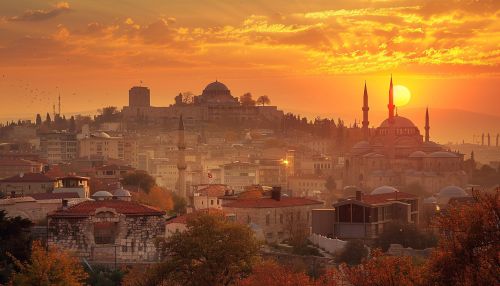Constantine the Great
Early Life
Constantine the Great, also known as Flavius Valerius Constantinus, was born on February 27, around 272 AD, in the city of Naissus (modern-day Niš, Serbia). His father, Constantius Chlorus, was a military officer, and his mother, Helena, was of humble background. Constantine spent much of his early life in the eastern part of the Roman Empire, under the tutelage of the emperor Diocletian.


Rise to Power
In 305 AD, following the abdication of Diocletian and his co-emperor Maximian, Constantius Chlorus and Galerius were elevated to the rank of Augustus. Constantine served with his father in Britain, and when Constantius died in 306 AD, Constantine was declared emperor by his troops. He then embarked on a series of wars against Maxentius and Licinius to become sole ruler of the Roman Empire.
Conversion to Christianity
One of the most significant events in Constantine's reign was his conversion to Christianity. Prior to the Battle of Milvian Bridge in 312 AD, Constantine reportedly had a vision of a cross in the sky with the words "In this sign, you will conquer." Following his victory, Constantine became a patron of the Christian church and began a policy of religious tolerance with the Edict of Milan in 313 AD.
Constantinople and the Eastern Roman Empire
In 324 AD, after defeating Licinius, Constantine became the sole ruler of the Roman Empire. He moved the capital from Rome to the city of Byzantium, which he renamed Constantinople (modern-day Istanbul, Turkey). This marked the beginning of the Eastern Roman Empire, also known as the Byzantine Empire, which would last for over a thousand years.


Legacy
Constantine's legacy is vast and complex. He is remembered for his conversion to Christianity and his establishment of Constantinople as a new capital. His policies shaped the future of the Roman Empire and had a profound impact on the development of Christianity. Constantine is venerated as a saint in the Eastern Orthodox, Oriental Orthodox, and some Protestant churches.
